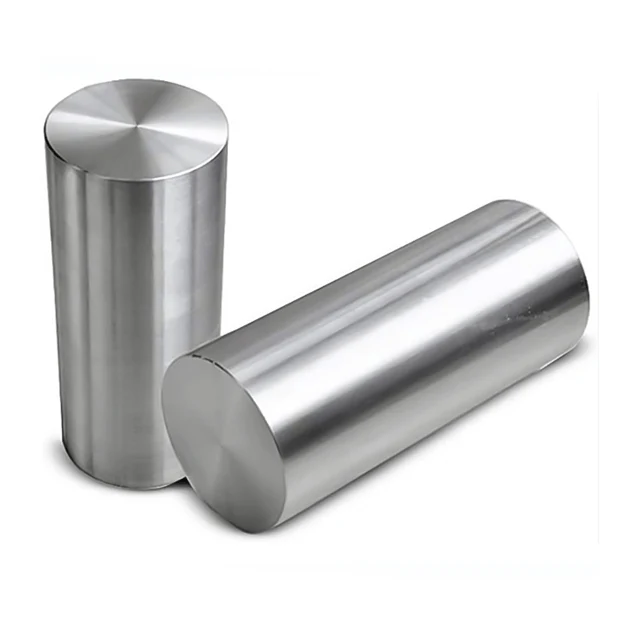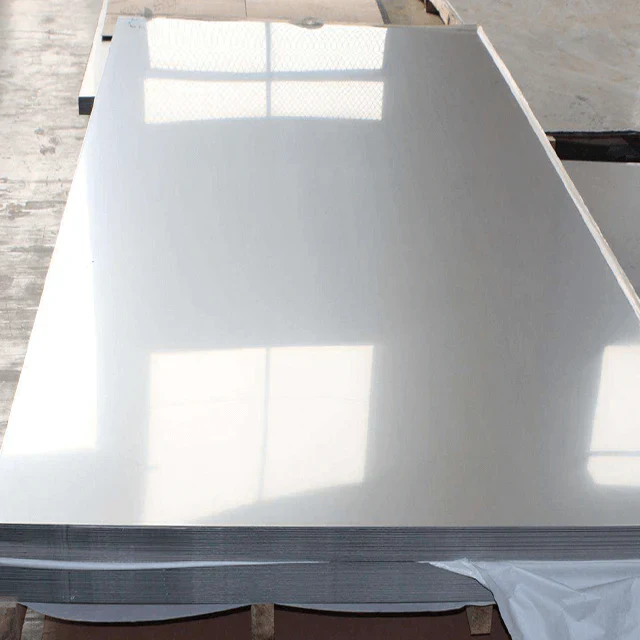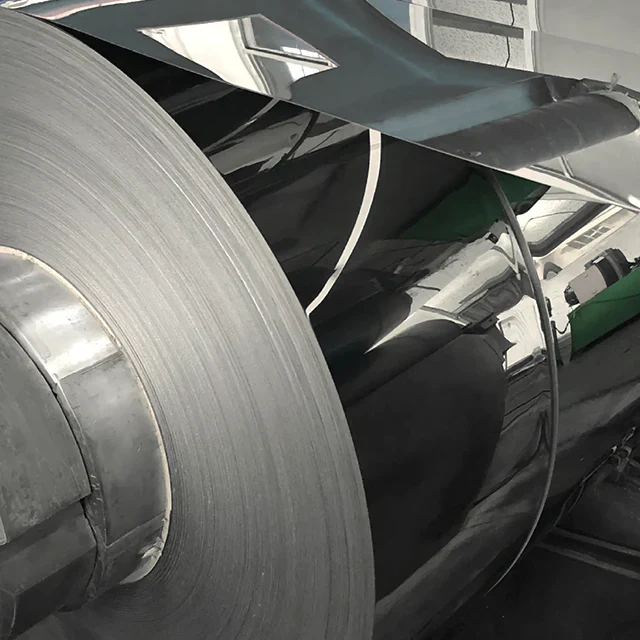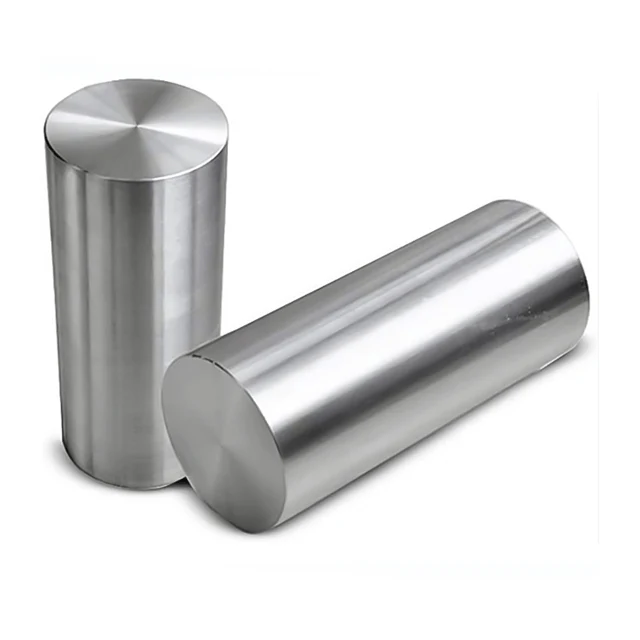Advantages and introduction of inconel600
1. Introduction
Inconel 600 is a nickel - chromium - iron alloy renowned for its outstanding performance in high - temperature and corrosive environments. Engineered to meet the stringent demands of multiple industries, it has become a cornerstone material in applications where reliability, durability, and resistance to harsh conditions are essential.
2. Chemical Composition
Element | Content (%) |
Nickel (Ni) | 72 min |
Chromium (Cr) | 14.0 - 17.0 |
Iron (Fe) | 6.0 - 10.0 |
Carbon (C) | 0.15 max |
Manganese (Mn) | 1.0 max |
Silicon (Si) | 0.50 max |
Phosphorus (P) | 0.030 max |
Sulfur (S) | 0.015 max |
Copper (Cu) | 0.50 max |
The high nickel content in Inconel 600 provides excellent resistance to a wide range of corrosive media, while chromium enhances its oxidation resistance at elevated temperatures. Iron, although present in a relatively smaller proportion, contributes to the alloy's strength and toughness.
3. Physical Properties
- Density: The density of Inconel 600 is approximately 8.4 g/cm³. This relatively high density is a characteristic feature of nickel - based alloys and is due to the atomic weights of its constituent elements.
- Melting Point: It has a melting range of about 1350 - 1410 °C. This high melting point enables Inconel 600 to maintain its structural integrity in high - temperature applications.
- Thermal Expansion Coefficient: At 20 - 100 °C, the thermal expansion coefficient is around 13.3×10⁻⁶/°C. This parameter is crucial for applications where dimensional stability during temperature fluctuations is required.
4. Mechanical Properties
- Tensile Strength: At room temperature, the minimum tensile strength of Inconel 600 is approximately 550 MPa. Even at elevated temperatures, such as 650 °C, it can still maintain a tensile strength of around 380 MPa.
- Yield Strength: The minimum yield strength at room temperature is about 240 MPa. This value ensures that the material can withstand a certain level of stress without undergoing permanent deformation.
- Elongation: Inconel 600 typically exhibits an elongation of at least 30% at room temperature, indicating good ductility, which is beneficial for various forming and machining processes.
5. Execution Standards
5.1 American Standards
- For Bars and Wires: ASTM B166/ASME SB166. These standards specify requirements regarding chemical composition limits, mechanical property values, and dimensional tolerances for Inconel 600 bars and wires. They ensure that the products meet the quality and performance expectations for applications in industries like aerospace and chemical processing.
- For Sheets, Strips and Plates: ASTM B168/ASME SB168. These standards cover aspects such as surface finish quality, thickness tolerances, and mechanical property specifications for Inconel 600 sheets, strips, and plates. They are crucial for applications in heat exchangers, reactors, and other equipment in the chemical and power generation industries.
- For Seamless Tubes: ASTM B167/ASME SB167. This standard defines the requirements for Inconel 600 seamless tubes, including chemical composition, mechanical properties, and dimensional tolerances. Seamless tubes made to this standard are widely used in high - pressure and high - temperature fluid - carrying applications.
- For Welded Tubes: ASTM B751/ASME SB751 and ASTM B775/ASME SB775. These standards govern the manufacturing, inspection, and quality control of Inconel 600 welded tubes. They ensure that the welded tubes have the necessary integrity and performance for applications in industries such as oil and gas, where corrosion resistance and pressure - handling capabilities are critical.
- For Forgings: ASTM B564/ASME SB564 and AMS 5666. These standards are applicable to Inconel 600 forgings, specifying requirements for chemical composition, mechanical properties, and forging quality. Forgings produced to these standards are used in high - stress applications such as turbine components and aircraft engine parts.
5.2 European Standards
- DIN Standards: DIN 17750, DIN 17751, DIN 17752, DIN 17753, and DIN 17754. These DIN standards cover different product forms of Inconel 600, including plates, tubes, wires, etc. They define the chemical composition, mechanical properties, and manufacturing requirements in line with European industry norms.
- EN Standards: EN 10095. This standard provides comprehensive requirements for nickel - chromium - iron alloys like Inconel 600, including chemical composition limits, mechanical property minimums, and testing methods. It ensures that the alloy meets the quality and performance requirements for applications in the European market across various industries.
5.3 International Standards
- ISO 6207, ISO 6208, ISO 7725, ISO 9723, ISO 9724, and ISO 9725. These international standards establish common requirements for Inconel 600 products in terms of chemical composition, mechanical properties, and dimensional tolerances. They facilitate international trade and ensure that products from different countries meet a unified set of quality and performance criteria.
6. Applications
- Chemical Processing Industry: Inconel 600 is widely used in equipment such as reactors, heat exchangers, and distillation columns. Its excellent corrosion resistance makes it suitable for handling a variety of corrosive chemicals, including acids, alkalis, and salts.
- Power Generation: In power plants, especially in boilers and superheaters, Inconel 600 is used due to its high - temperature strength and oxidation resistance. It can withstand the harsh operating conditions of high - temperature and high - pressure steam environments.
- Aerospace Industry: In aircraft engines and gas turbines, certain components are made of Inconel 600. Its ability to maintain strength and integrity at high temperatures, along with its resistance to oxidation and corrosion, makes it an ideal material for parts such as combustion chambers and turbine blades.
- Food and Beverage Industry: In equipment that comes into contact with food and beverages, Inconel 600 is used because of its corrosion resistance and compliance with hygiene standards. It can be used in processing equipment, storage tanks, and pipelines.
7. Fabrication and Welding
- Fabrication: Inconel 600 can be fabricated using common metal - working processes such as forging, rolling, and machining. However, due to its high strength and work - hardening tendency, appropriate tooling and machining parameters need to be selected. For example, when machining, carbide - tipped tools are often used, and lower cutting speeds and higher feed rates are recommended to prevent excessive tool wear.
- Welding: Inconel 600 can be welded using various methods, including gas tungsten arc welding (GTAW), gas metal arc welding (GMAW), and shielded metal arc welding (SMAW). When welding, it is important to use appropriate filler metals that match the chemical composition and mechanical properties of the base metal. Pre - heating and post - welding heat treatment may also be required to ensure the integrity and performance of the welded joint.
8. Future Trends
- Research and Development: With the continuous development of industries such as aerospace and energy, there will be an increasing demand for materials with even better performance. Future research on Inconel 600 may focus on further improving its high - temperature strength, corrosion resistance, and reducing its manufacturing cost through new alloying methods and processing technologies.
- Sustainable Applications: As the global focus on environmental protection and sustainable development grows, Inconel 600 may find more applications in sustainable energy systems, such as solar thermal power plants and advanced nuclear reactors. Its high - temperature and corrosion - resistance properties make it potentially suitable for components in these emerging energy technologies.
In conclusion, Inconel 600 is a versatile and high - performance alloy with a wide range of applications and significant potential for future development. Its combination of excellent mechanical properties, corrosion resistance, and high - temperature performance, along with well - defined international standards, ensures its continued importance in various industries.







